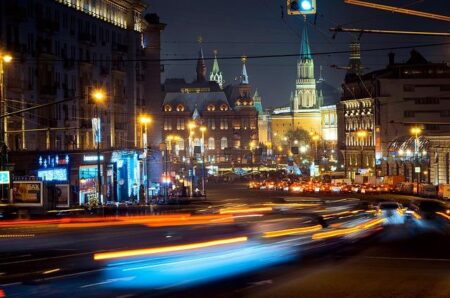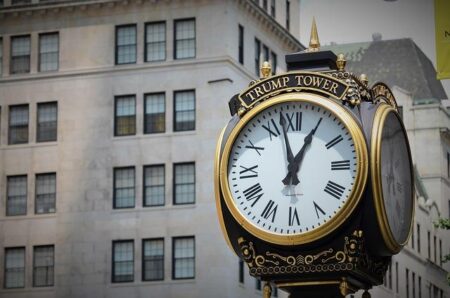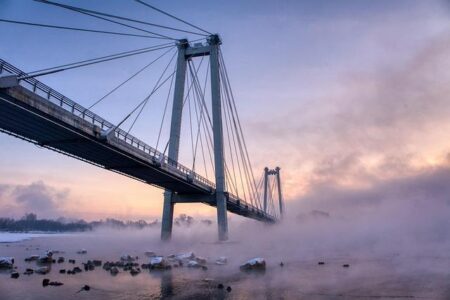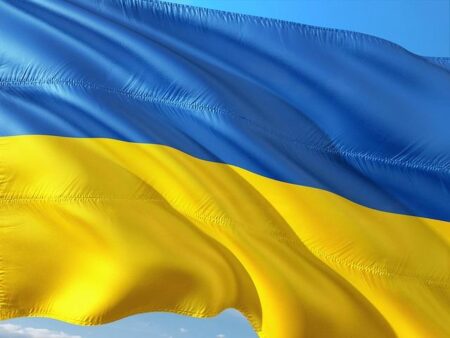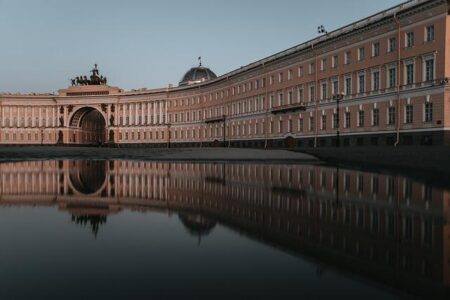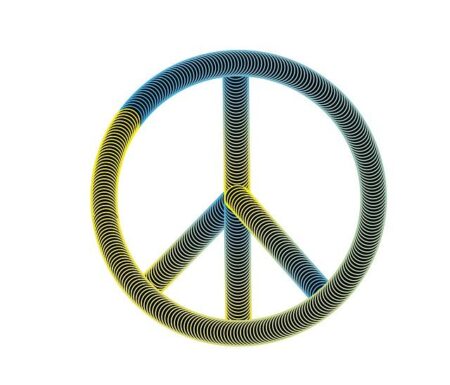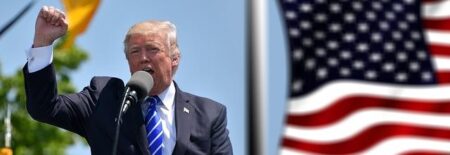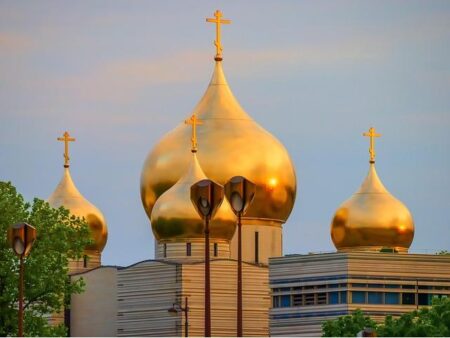The Kremlin announced on Monday that it remains “premature” to discuss a peace deal with Ukraine, as complex negotiations drag on amid the ongoing conflict, CBS News reports. A quick resolution still feels far from reach
Browsing: Ukraine
A new article on War on the Rocks unveils an ambitious 15-point plan aimed at forging a lasting peace between Ukraine and Russia. This comprehensive proposal champions the strength of diplomacy, solid security guarantees, and a carefully crafted step-by-step strategy to end the conflict and rebuild stability
Former President Trump has unveiled a bold 28-point plan aimed at ending Russia’s war in Ukraine, blending diplomacy, economic tactics, and security guarantees. This provocative proposal is igniting debate with its unconventional path to peace
Russia unleashed deadly strikes in Kyiv amid ongoing peace talks in Abu Dhabi, intensifying tensions as diplomats race to find a resolution. The attacks hit civilian areas, deepening fears over the fragile ceasefire
Recent Ukraine peace talks have ignited fresh hope for a breakthrough in ending the conflict, but experts warn that significant hurdles remain. Key issues like territorial disputes and security guarantees still pose major obstacles to achieving a lasting peace agreement
France is preparing to send troops to Ukraine following a groundbreaking new ceasefire agreement, officials announce. This decisive move aims to enhance stability and reinforce peacekeeping efforts amid the region’s persistent tensions
Russia unleashed a powerful missile strike on Kyiv mere hours after former President Trump hinted at potential peace talks. This bold attack sharply intensifies the conflict in Ukraine, raising global tensions and triggering widespread concern
After intense talks in Geneva, Ukraine’s peace plan has been significantly scaled back, yet a breakthrough still feels out of reach. Both sides remain locked in a stalemate as diplomatic efforts continue amid the ongoing conflict
Finland’s Alexander Stubb and Italy’s Giorgia Meloni held intense, high-stakes discussions with former U.S. President Donald Trump about the Ukraine conflict, Bloomberg reports-highlighting the urgent and complex diplomatic efforts unfolding amid this global crisis
Former President Trump sharply criticized Ukraine for showing “zero gratitude” amid the ongoing conflict, while German officials warned that a deal to end the war is unlikely to be reached before Thursday’s fast-approaching deadline, escalating tensions further
The US has firmly dismissed claims that its newly unveiled Ukraine plan is a Russian “wish list,” boldly affirming that the strategy was developed independently. This statement aims to dispel any doubts amid escalating geopolitical tensions
Germany, France, and UK leaders teamed up with Ukrainian President Zelenskiy in a pivotal call to explore a US-backed strategy aimed at bolstering Ukraine’s defenses amid the ongoing conflict, Reuters reports
Japan, Canada, and several European nations have voiced strong concerns over the U.S. peace plan for Ukraine, cautioning that it might undermine regional stability and put key stakeholders’ interests at risk, nippon.com reports
In a daring and controversial move, former President Trump revealed a Ukraine deal that has sparked outrage among critics, who condemn it as utterly disgraceful. This plan has ignited fierce backlash, with opponents arguing it threatens to weaken U.S. support and disrupt established international norms
Europe faces mounting pressure as the US issues a bold ultimatum on Ukraine support, igniting a wave of urgent diplomatic activity. Allies scramble to coordinate their strategies in the face of escalating geopolitical tensions, Bloomberg reports
A Russian attack has tragically claimed the lives of 25 people in Ukraine’s Ternopil region, officials confirmed. This devastating strike occurred as President Zelenskyy met with Turkish President Erdogan in Turkey to discuss the ongoing conflict and explore avenues for support
The death toll from a recent Russian attack in Ukraine has tragically risen to 25, Kyiv confirms. Ukraine is preparing to take this serious matter to the United Nations, urgently demanding a rapid international response and accountability
Ukraine’s daring strike deep within Russian territory using U.S.-supplied ATACMS missiles marks a powerful turning point in American policy, showcasing a stronger commitment to the conflict and dramatically raising the stakes on the battlefield
Ukraine is preparing to launch a groundbreaking $44 billion claim against Russia, aiming to hold Moscow accountable for the severe environmental destruction caused by wartime emissions, Reuters reports. This ambitious move highlights Ukraine’s determination to address the long-term ecological toll of the conflict
A daring Ukrainian strike has halted oil exports from Russia’s Novo terminal, slashing about 2% of the global supply, sources told Reuters. This unexpected blow is fueling new fears of mounting turmoil in the energy markets

